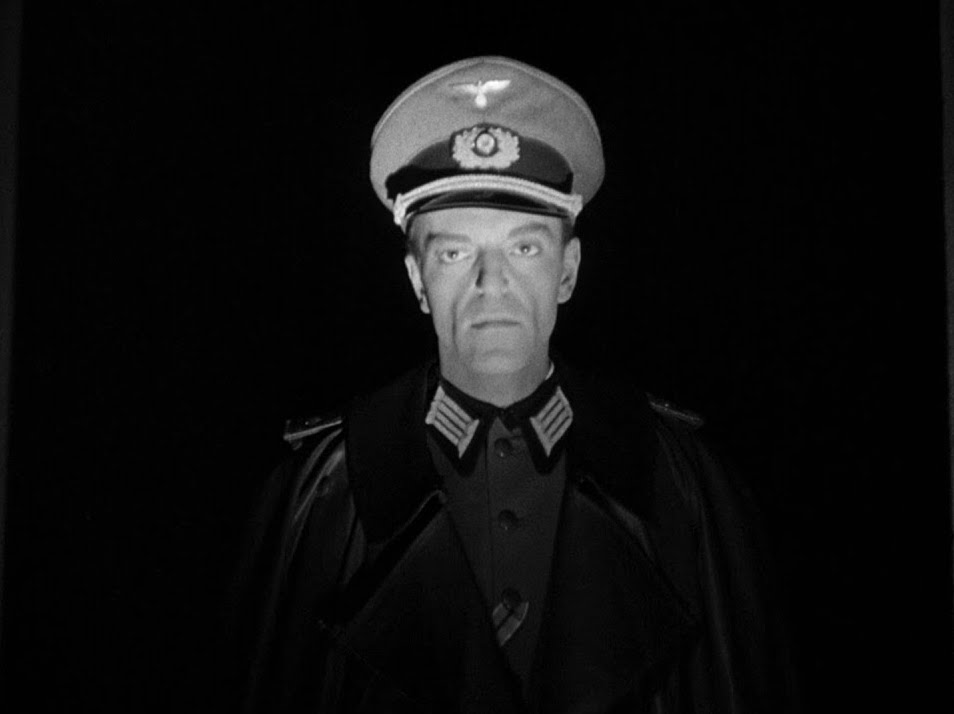
A cultured, naively idealistic German officer is billeted in the home of a middle-aged man and his grown niece; their response to his presence – their only form of resistance – is complete silence.
EN
“The most radical decision Melville made as a filmmaker was to adhere with extraordinary fidelity to the book. There are a few additions that enlarge the historical scope, notably a discussion by Nazi officers of the horrors of Treblinka (of which Vercors could not have known at the time) and a public notice of hostages executed by the Germans, but essentially the film amounts to an almost literal reading of the book. (Another difference is that the conversations between von Ebrennac and his fellow Nazi officers, summarized in the book, are here rendered in German, so it becomes the language for the only conversations of any length – a harsh reminder of the recently ended occupation.) Melville clearly saw that to alter the mechanisms of the storytelling would be to destroy the story. Thus the film does not merely employ voice-over narration; the narration is its heart. This is, literally, a story told by the fireplace, the fireplace being Vercors’s own; Melville chose to shoot the interiors in the writer’s home.”
Geoffrey O'Brien1
“Why would silence be so important a symbol of resistance? Vercors’ notion of the silence ‘of the sea’ was meant to evoke the ‘submerged life of hidden and conflicting feelings, desires and thoughts’, a poetic notion (and title) which Melville appropriates in his mis en scène. Silence had other symbolic connotations: under torture it was the measure of heroism, and it may be seen as the only response to the horrors of the Nazi victory and occupation of France.”
Ginette Vincendeau2
- 1Geoffrey O'Brien, “Le silence de la mer: Stranger in the House,” Criterion, May 2015.
- 2Ginette Vincendeau, Jean-Pierre Melville: 'An American in Paris' (London: British Film Institute, 2003), 53.
FR
« Mais je ne voulais pas faire du tout un film d’action et de mouvement. Je voulais essayer, et je crois que c’est la première fois qu’on le faisait pour un grand film, de faire un film où tout était intérieur. »
Jean-Pierre Melville1
- 1Claude Beylie and Bertrand Tavernier, « Entretien avec Jean-Pierre Melville, » Cahiers du Cinéma 124, (1961).

